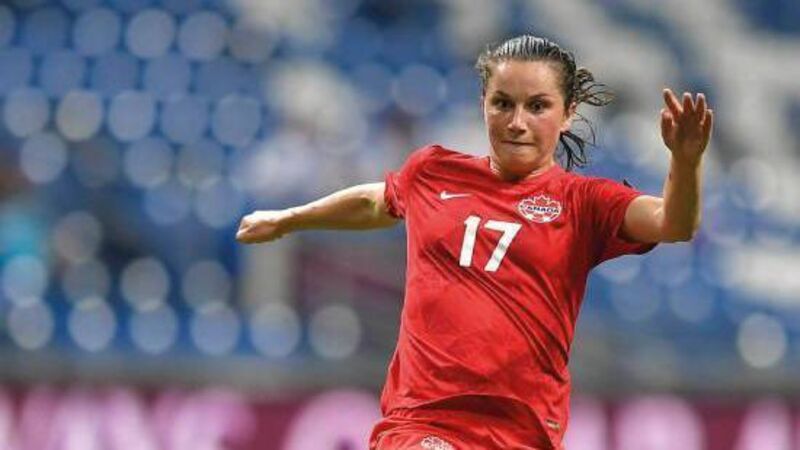John Fallon: Canadian mutiny a watershed Ireland know all about too well

LEADING FROM THE FRONT: Chelsea’s Jessie Fleming helped lead Canadian player protests.
WHEREAS the last World Cup Ireland participated in was overshadowed by pre-tournament chaos, it is our opponents enduring turmoil 21 years later.
Just 142 days remain until the women’s team embark on their first tournament and what a setting to mark the milestone.












